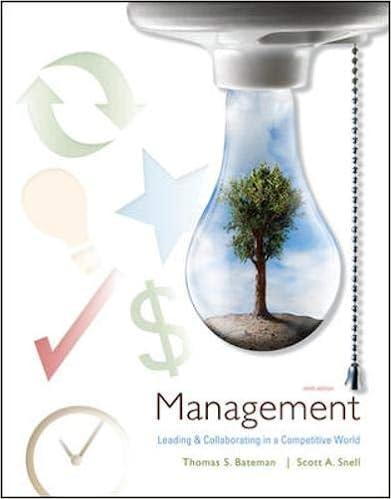By establishing and following precise managerial controls, Legal Sea Foods has achieved consistency in its operations. Many
Question:
By establishing and following precise managerial controls, Legal Sea Foods has achieved consistency in its operations. Many of its operational controls have become industry standards. For example, the company worked with the Department of Commerce to develop criteria to protect against foodborne illness. That program—the Hazard Analysis Critical Control Point program—has served as the industry standard since 1997 and is still used by the U.S. Food and Drug Administration today. Legal Sea Foods’ practice of sending its seafood vendors quality reports and copying the Massachusetts Department of Public Health motivates vendors to perform at the highest standards while keeping the government in the loop. Years before the anti–trans fat campaign was fashionable, Legal Sea Foods president and CEO Roger Berkowitz launched a crusade of his own, to remove trans fats from the restaurant’s menu. The company has also partnered with the Harvard School of Public Health to monitor research findings on seafood nutrition. Legal Sea Foods was among the first in its industry to identify the need to preserve the environment and focus on sustainable seafood sources. Years ago it began recycling its vegetable oil into biodiesel fuels to conserve energy. Berkowitz regularly visits the Gloucester fish auctions, maintaining contact with fishermen who bring in the catch. He recognizes the importance of protecting fishing stocks but also sees firsthand where federal regulations threaten to become onerous for the fishing industry. He serves as a vocal industry advocate with members of Congress.
• Legal Sea Foods’ CEO Roger Berkowitz has this comment about quality: “Anybody can be good once in a while, but very few people can be good all the time.” How do you think this perspective affects the control processes in place at Legal Sea Foods?
• Legal Sea Foods’ management thinks of it as a seafood company in the restaurant business—not a restaurant group that sells seafood. How does this distinction drive the type of managerial controls the company imposes?
Step by Step Answer:

Management Leading And Collaborating In The Competitive World
ISBN: 9780078137242
9th Edition
Authors: Thomas Bateman, Scott Snell





